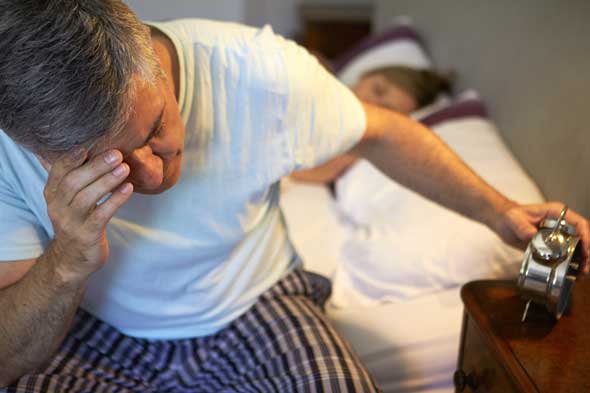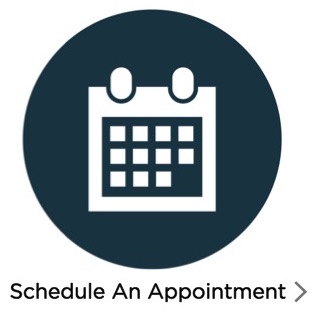
Is There a Standard Time to be Retested for Sleep Apnea?
When and how you should be retested for sleep apnea really depends on several factors. For many, sleep apnea is a lifelong condition, but when and how you should be retested is unique to your personal situation. Here are some elements to consider:
What type of sleep apnea do you have?
Determining the appropriate treatment for your sleep apnea greatly depends on the severity and type of sleep apnea that you suffer from. While obstructive sleep apnea is the most common type of sleep apnea, other types, such as central sleep apnea have different causes and recommended follow-up procedures.
Have you recently gained or lost weight?
Drastic weight gain, or loss, can have a profound effect on your sleep apnea, and its severity. The American Academy of Sleep Medicine recommends for patients to be retested any time 10% or more of their body weight is lost. If you’ve recently lost or gained weight, it’s a good idea to talk to a doctor and determine if retesting is necessary.
What are your symptoms?
If you feel like your sleep apnea symptoms are returning, have started snoring again, or you wake feeling tired and groggy, it could be time to see a doctor. There are many reasons why your sleep apnea symptoms may have increased or decreased. Different specialists have different philosophies, when it comes to retesting, so maintaining consistent communication with your doctor will help you to determine when follow-up care is needed.
Will I Need to Have Another Sleep Study?
When you were initially diagnosed with sleep apnea, it’s likely that you participated in a polysonogram, or sleep study. A sleep study has multiple-components; the test records your physical and biological activities while you sleep, and the results are electronically transmitted to the sleep specialist for review. Whether you’ll need to have another lab-based sleep study is largely based on your type of sleep apnea and personal situation.
The good news is, there are now options for many sleep apnea sufferers. Qualified patients can participate in a home sleep test, which offers a more comfortable, convenient and cost-effective option for sleep apnea patients. How you move forward should be determined in partnership with a doctor who has experience treating sleep apnea patients.
Is CPAP Treatment My Only Option?
Continuous Positive Airway Pressure (CPAP) treatment was once the go-to treatment for those suffering from sleep apnea. Medical advances have led to more sleep apnea treatment options, many of which are long-term and even permanent. CPAP treatment works well for some, but can be cumbersome and difficult to comply with for many others. New therapies are offered as an alternative to the CPAP mask, including minimally-invasive procedures that can be performed in a doctor’s office or outpatient setting. Discuss the available treatment options you’re your board-certified otolaryngologist so you can determine which solution fits best with your condition and lifestyle.
If you’ve been diagnosed with sleep apnea in the past, and think that it might be time to be retested, contact the doctors at eos sleep. There is no need to suffer, day and night, from the negative effects of sleep apnea. Each of our sleep specialists is a board-certified otolaryngologist, who is well-versed in the latest sleep apnea treatment developments and testing options. Call our offices to schedule a consultation!
Schedule an appointment at our New York office.

